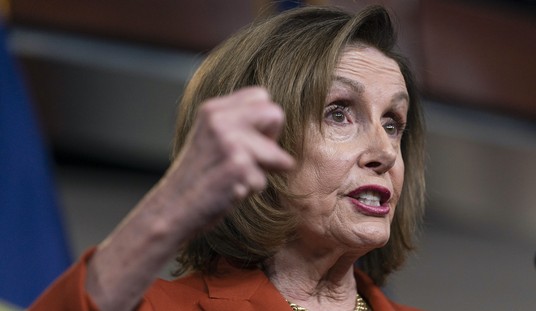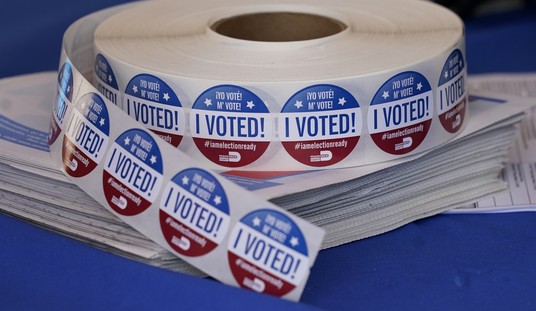In an article filled with irony, the WSJ writes that Independent Voters are the fastest growing segment of the population. “They tend to be fiscally conservative and strong on security.” This suggests that the Republican Party’s low fortunes spring in part from becoming a non-ideological clone of Democratic Party, so that the eventually the Democrats could plausibly claim to be fiscally responsible and promise to ‘keep America safe’.
Back in 1954, only 22% of voters identified themselves as independents, according to the American National Election Survey. Fifty years later the number was nearly double. Now, two out of five Americans can’t name anything they like about the Democrats, and 50% say the same about Republicans. What happened? …
Throughout the 1990s, the independent movement kept growing while Democrats and Republicans warred in Washington. Three independent governors were elected: Angus King of Maine, Lowell Weicker of Connecticut and Jesse Ventura of Minnesota. All spread the same essential reform message: independence from special interests guided by a common-sense balance of fiscal conservatism and social liberalism. …
This is the new mainstream in American politics, and it’s growing among younger voters. More than 40% of college undergraduates identify themselves as independents, according to a summer 2008 survey by Harvard University’s Institute of Politics (IOP). “Half of young Americans do not identify with traditional party or ideological labels — they are the new center in American politics,” says John Della Volpe of IOP.
This trend extends to 30- to 45-year-old Generation X voters as well, says the author of “X Saves the World,” Jeff Gordinier: “Gen Xers tend to be pretty post-ideological and pragmatic, there is less allegiance to any one party or any one way of thinking.”
This suggests an estrangement with the traditional political brands. And what did some Republicans do while these Independents were growing in number? They ‘reached across the aisle’, as if becoming like the other helped in a situation when a large part of the electorate was leaving both parties. A wag once described politics as show business for ugly people. Some Democrats may wish to view the elections as a rejection of capitalism. It may simply have been a rejection of their less well-dressed clones.










Join the conversation as a VIP Member